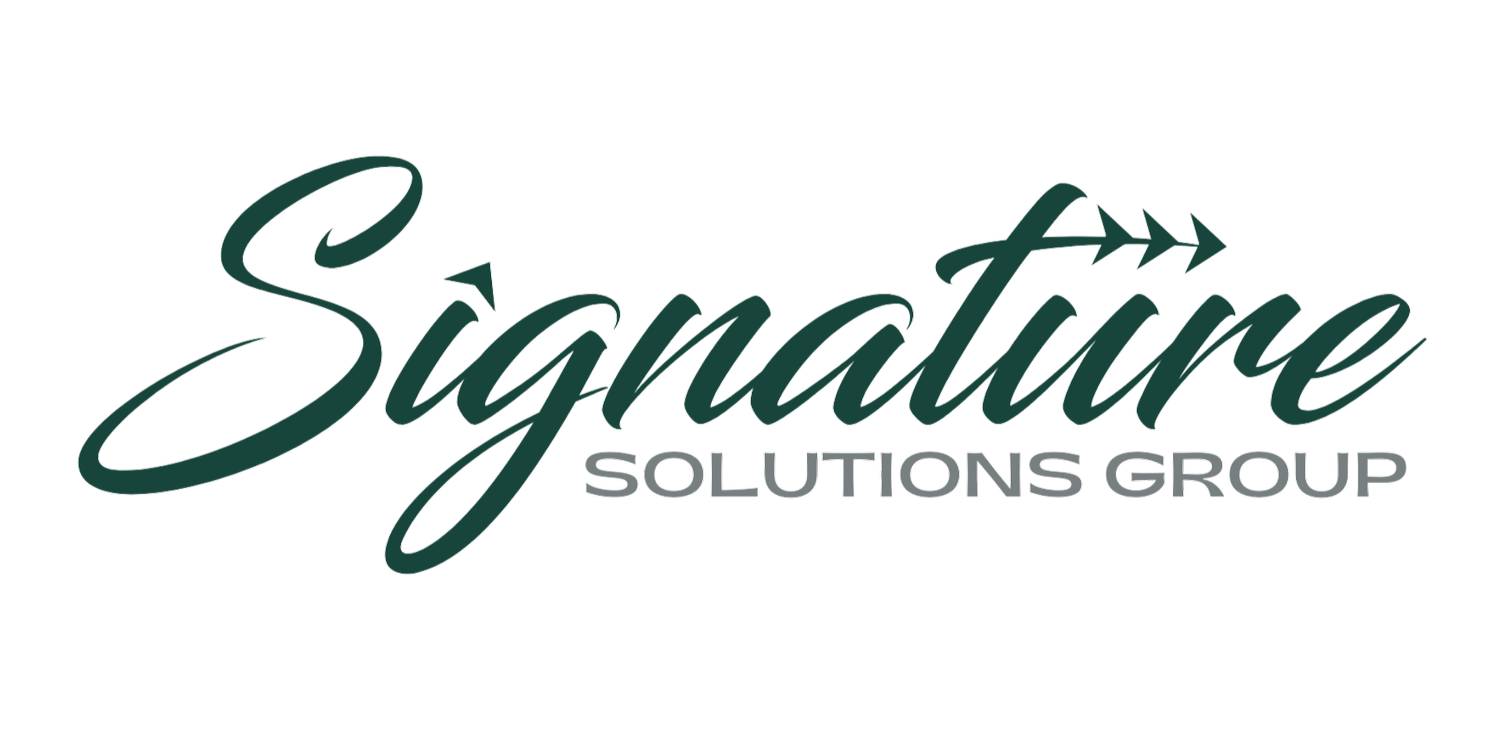
Our Most Frequently Asked Questions
Browse our commonly asked questions section below. These are the questions the majority of our clients have prior to working with us. If you have any additional questions that are not listed here, please reach out to us via our contact page by clicking the button below.
-
Mediation is a voluntary, non-binding way to settle disputes. It involves a facilitator, or mediator, who works with the parties to investigate and discuss settlement options.
-
In mediation, the parties control the outcome by reaching a settlement of their dispute under their own terms. In court, the Judge or Jury decides the outcome. The parties have less control. Additionally, mediation is private and confidential whereas the court proceedings are open and available to the public.
-
If the parties reach an agreement, it is reduced to writing and both parties sign and consent to the terms. The agreement is enforceable the same as a binding contract.
-
Mediation is uniquely designed to allow the parties to represent themselves in the dispute if they choose. While lawyers can almost always assist in the process, they are not necessary to engage in the process of mediation.
-
Arbitration is a binding approach to dispute resolution involving a decision-maker, or arbitrator, who listens to the parties’ arguments, reviews the evidence, and then makes a decision that is binding on the parties. It is designed to be quicker, more efficient, and less costly than going to court.
-
Yes. It is possible to discuss and resolve some of the issues and leave the unsettled issues to the court or arbitrator.
-
Mediation usually takes place in an informal setting and can last for a few hours to more than a day depending on the circumstances and the issues involved.
-
The parties share the cost of the mediator and pay their own attorneys. Since the entire dispute is discussed over several hours the costs are substantially less than proceeding in court with expensive and time-consuming discovery, motions, delays, etc.
-
Yes. We can invoke remote technology to handle parties that have protection orders or no-contact orders in place in a private, safe setting.
-
One or both parties or their counsel contact the mediator, who will conduct a client intake to obtain information concerning the dispute and the parties’ concerns and then the mediation is scheduled.
-
The mediation can take place in any private conference-room typesetting, at the court or anywhere that will accommodate the parties and the need to meet privately and confidentially.
